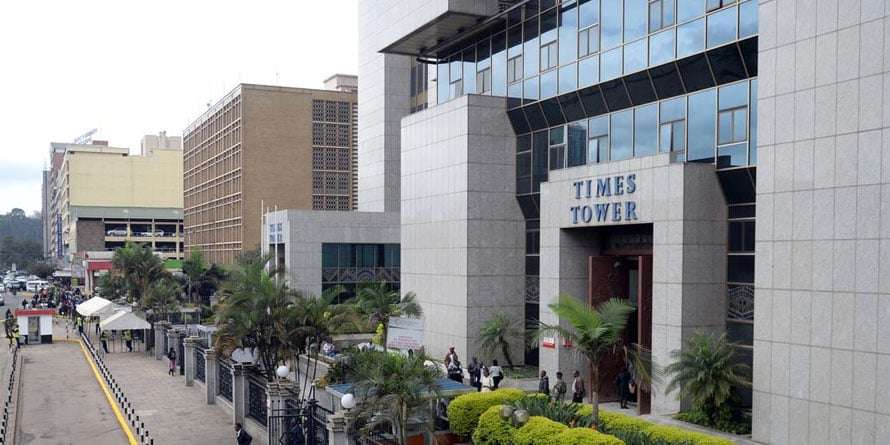These include accumulated pending government bills and the long-term sustainability of university programmes. During the session, Hon Melly questioned the reliability of student-population data submitted by KAPU and urged the association to work closely with the Ministry of Education and the Commission for University Education (CUE) to validate the figures.KAPU revealed that the government owes private universities approximately KSh 48.8 billion, a debt that has accumulated since 2016 when the Kenya Universities and Colleges Central Placement Service (KUCCPS) began placing government-sponsored students in private institutions.“We have submitted full details of the pending bills to the National Treasury, the Universities Fund and the Ministry of Education. The Ministry has previously acknowledged the debt, and we have also presented our case to the National Treasury’s Pending Bills Verification Committee,” Prof Mbugua said.
He explained that before 2016, private universities were financially stable because they admitted students directly. However, the introduction of KUCCPS placements, combined with delayed disbursement of Differentiated Unit Cost (DUC) funding, has left many institutions struggling.“Although the government undertook to cover 80 per cent of tuition fees for government-sponsored students, the disbursement process has been erratic, forcing universities to finance teaching and learning from their own reserves,” he added.
Hon Melly acknowledged the critical role private universities play in expanding access to higher education but expressed concern about the accuracy of data on government-sponsored student enrolment since the programme began in 2016.“When I examine your documents, the number of government-sponsored students across private universities appears very high. Have these figures been verified by the Ministry of Education and the Commission for University Education? How many have dropped out, and how many are still continuing their studies?” he asked.
Baringo North MP Joshua Makilap stressed the need for rigorous data verification, particularly regarding students placed since 2016. “We need accurate figures: how many have graduated, how many have deferred, and how many have dropped out? This information is essential if we are to address funding and clear the pending bills,” he said.
Moiben MP Prof Phylis Bartoo echoed the call, noting that without verified data, it would be impossible to allocate budgets fairly. The committee also raised concerns about the academic qualifications of faculty members in private universities. Hon Melly asked how many lecturers lacked PhDs or were still pursuing them and challenged the institutions to develop niche programmes that meet current job-market needs.“A number of universities, both public and private, have been criticised for offering degrees that are largely unmarketable. What steps are you taking to establish your niche?” he asked.
On financial sustainability, Siaya Woman Representative Dr Christine Odhiambo enquired about efforts to generate alternative income streams. “What income-generating activities are you pursuing to supplement revenue and become more financially sustainable?” she asked.KAPU urged the Ministry and CUE to review the KSh 320,000 programme-approval fee, arguing that it is prohibitive, especially for universities offering more than 100 programmes.
The committee directed KAPU to consolidate verified data on government-sponsored students, including enrolment, deferrals, drop-outs and graduations from 2016 to date, and to engage the National Treasury’s Pending Bills Verification Committee to certify all claims.“You must ensure your pending bills are verified and certified by the Treasury committee,” Hon Melly said. “This committee will work with you, the Ministry of Education and the Treasury to resolve these issues so that private universities can continue delivering quality education.”On policy matters, the committee instructed KAPU to submit proposed amendments to the Universities (Amendment) Bill to strengthen the higher-education sector.
[/full]





